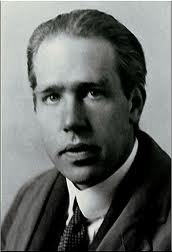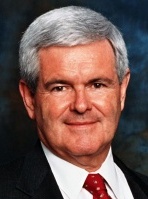 Happy birthday to our 7 billionth fellow earthling, who, according to most estimates, is due to be born today.
Happy birthday to our 7 billionth fellow earthling, who, according to most estimates, is due to be born today.
Welcome to the earth. Congratulations on being born in the 21st century, where the odds are excellent that you’ll live a richer, more prosperous and more fulfilling life than almost any of the 100 billion or so who preceded you — and paved the way for your prosperity with their investments and their inventions. Would that there had been more of them.
As you go through life, you will almost assuredly contribute to the world’s stock of ideas, diversity and love in ways your parents never contemplated — which is why the rest of us are a little sad that you might be their last child.
There’s certainly such a thing as a population that’s too large. Nobody disputes that. The interesting question is: Given the incentives faced by parents, it the population size we actually get too large or too small? And there are good reasons to think it’s too small.
In fact, population growth is a lot like pollution in reverse. Polluters don’t care about the damage they impose on strangers, so they pollute too much. Parents and potential parents don’t care about they joy and prosperity their chidren bring to strangers, so they reproduce too little.







